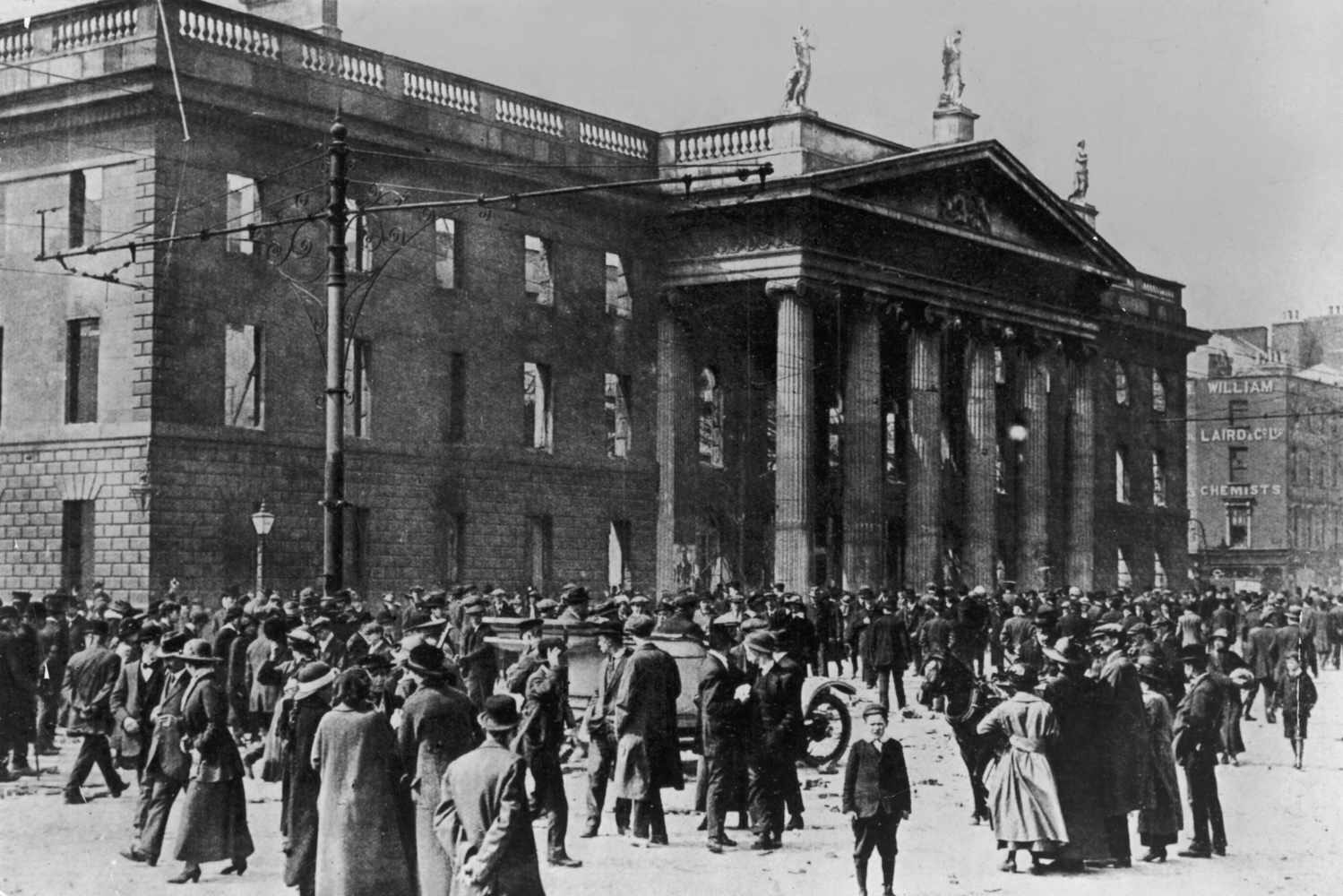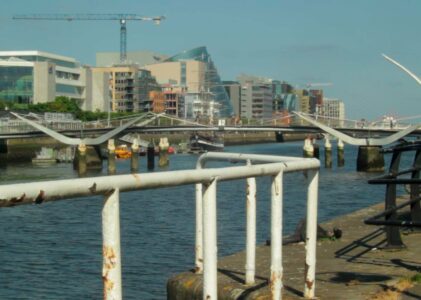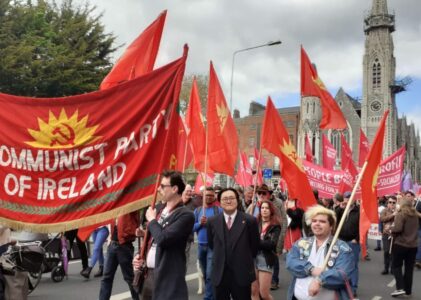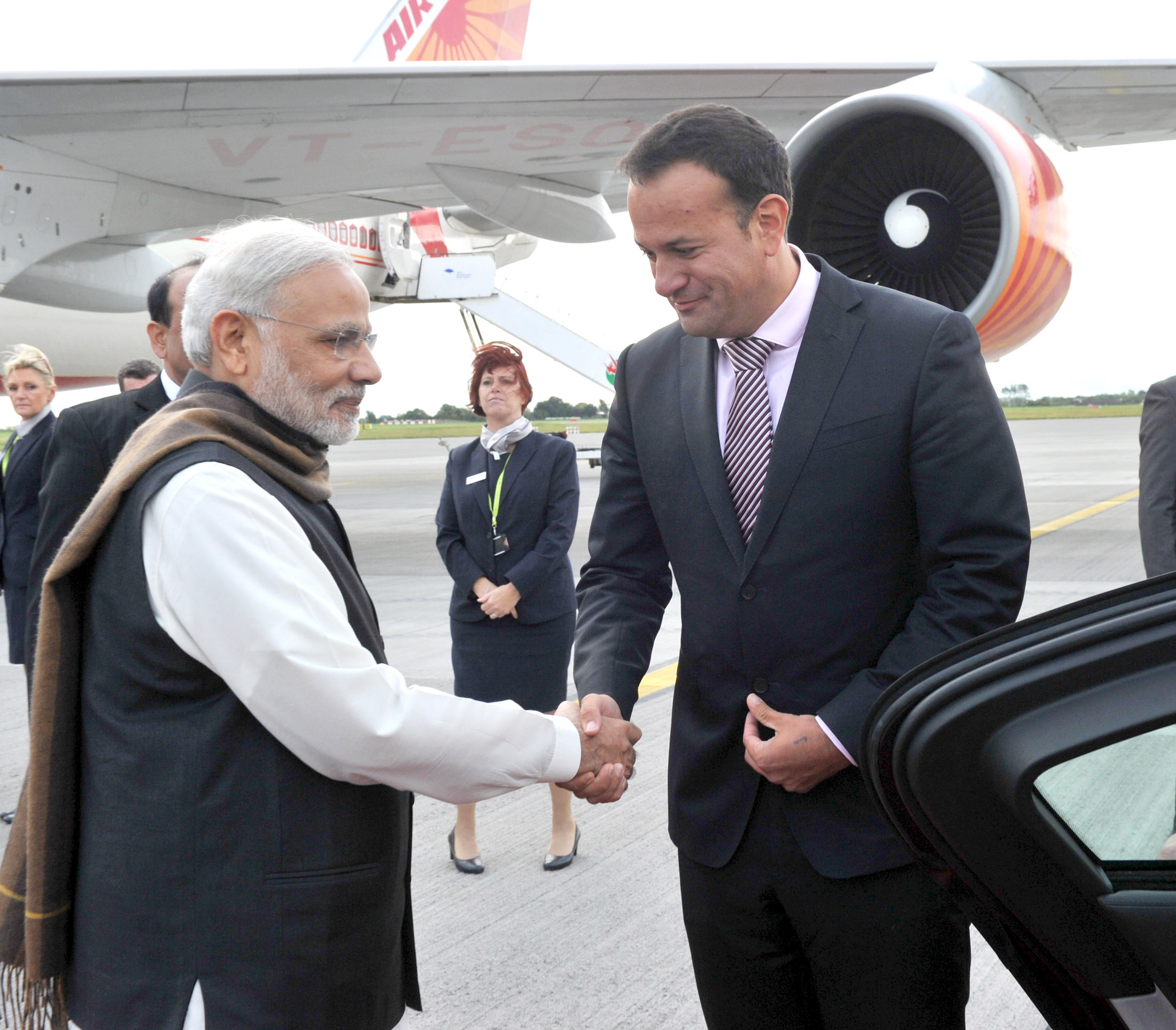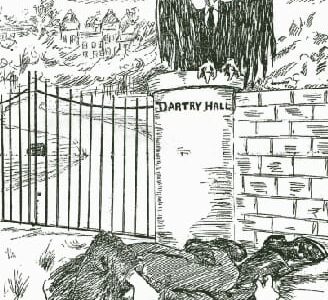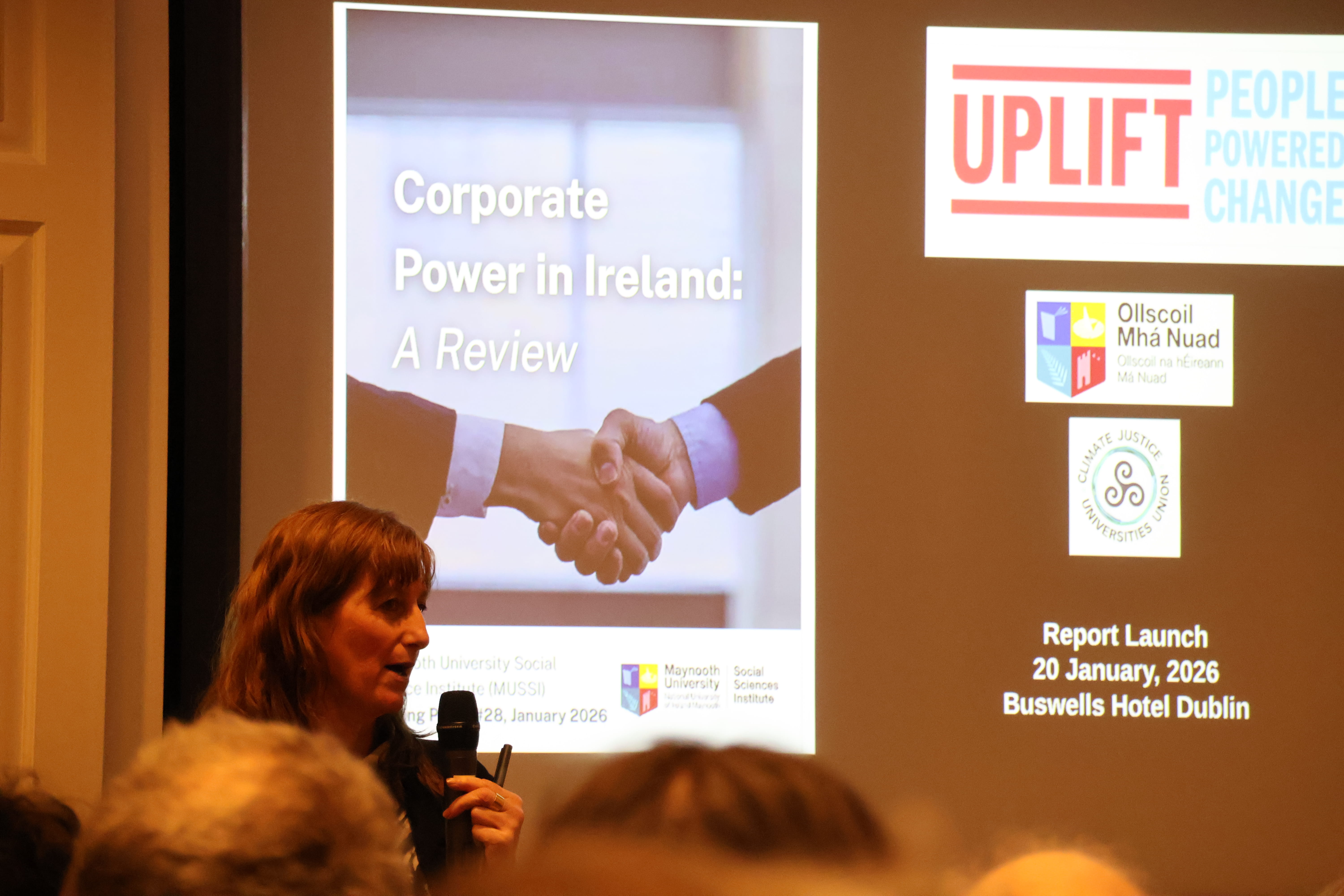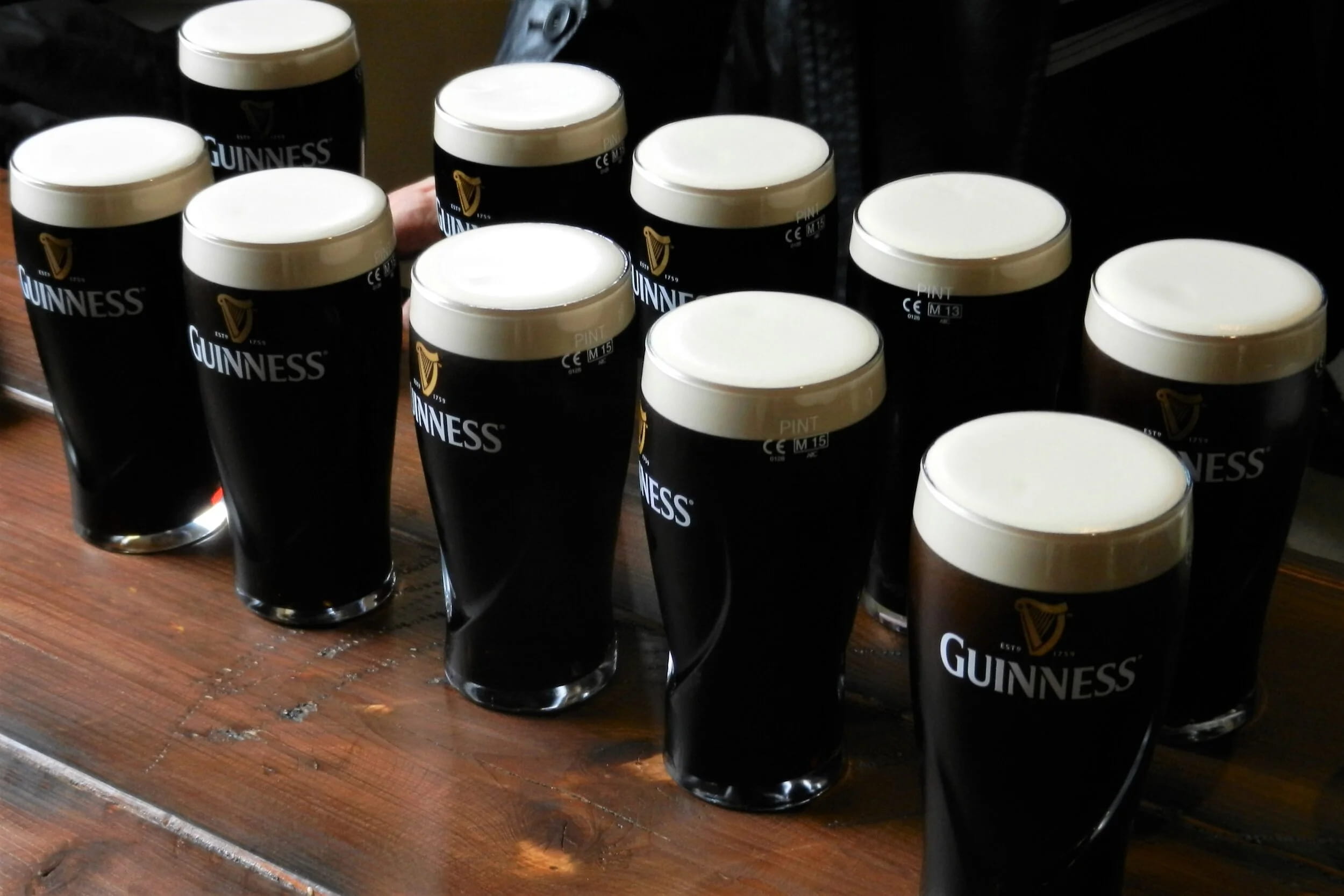Dirty Old Town – The Myth of Dublin
Dublin is rotting to its core right in front of our eyes, but the myths and narratives being spun would have you think otherwise. On the one hand, you have the uniparty line of a modern and prosperous European city, full of commerce, technological advancement and hope for the future (a brief look at the cracks in the pavement show otherwise). On the other hand, you have an increasingly loud minority screaming about how the quaint village of Dublin is being invaded by those of a darker complexion, losing its entire identity at the hands of those more able to get a tan than us pasty folk. This again is a myth, indeed from the same source, though one that is gaining traction in a land that has lost its identity.

